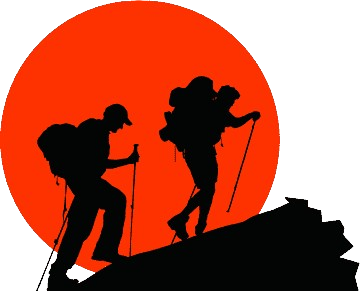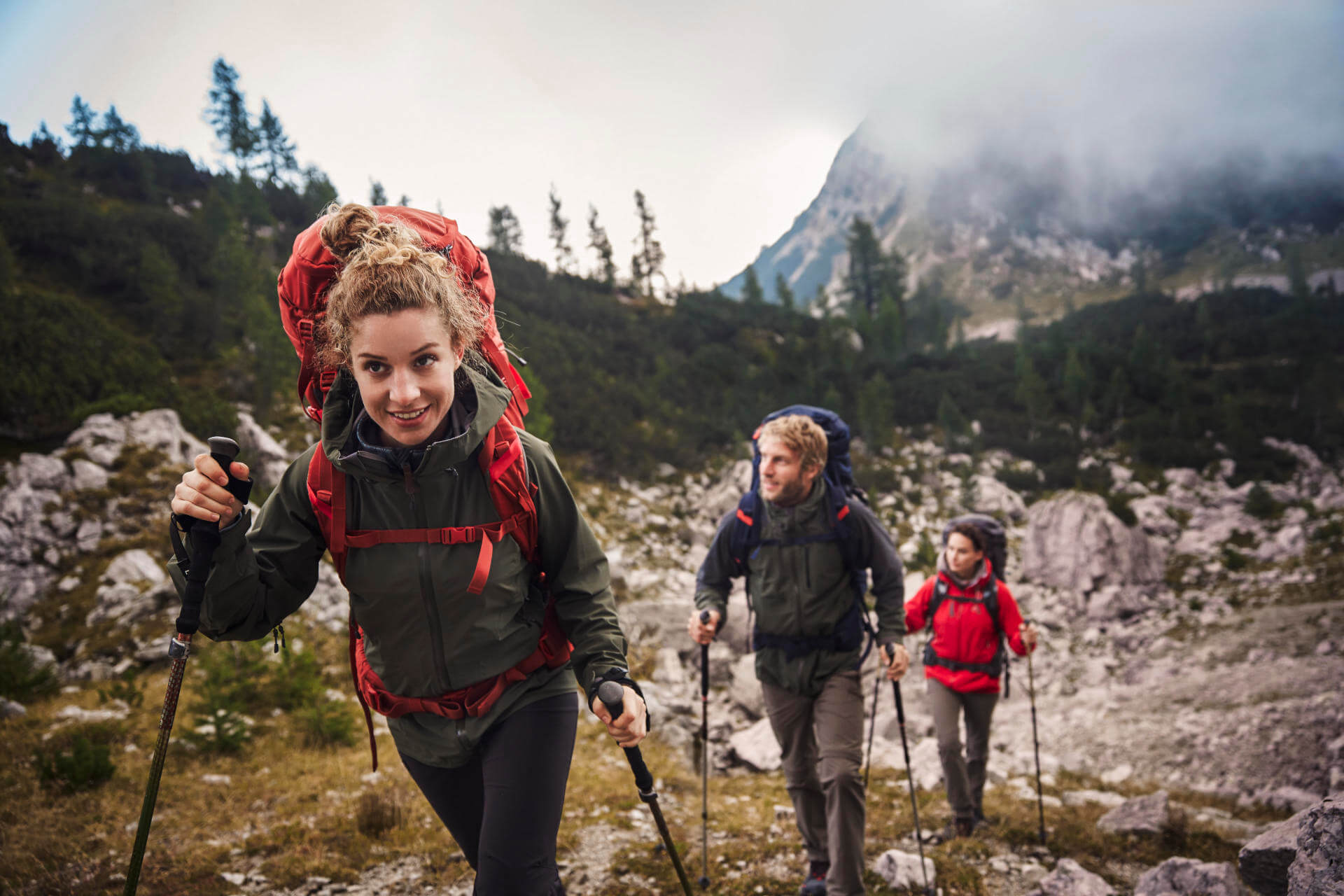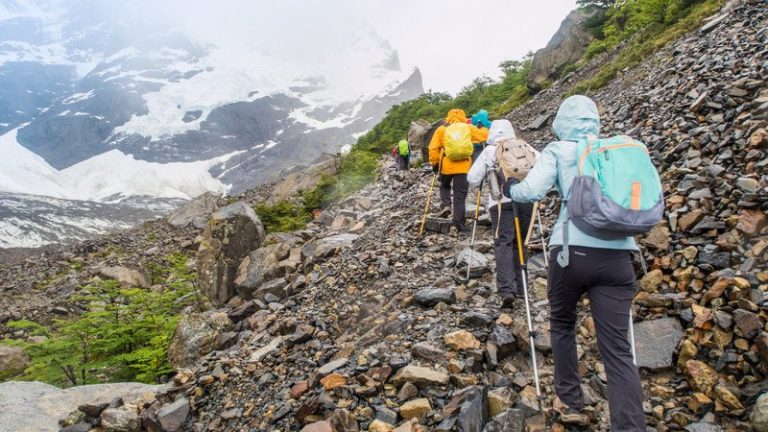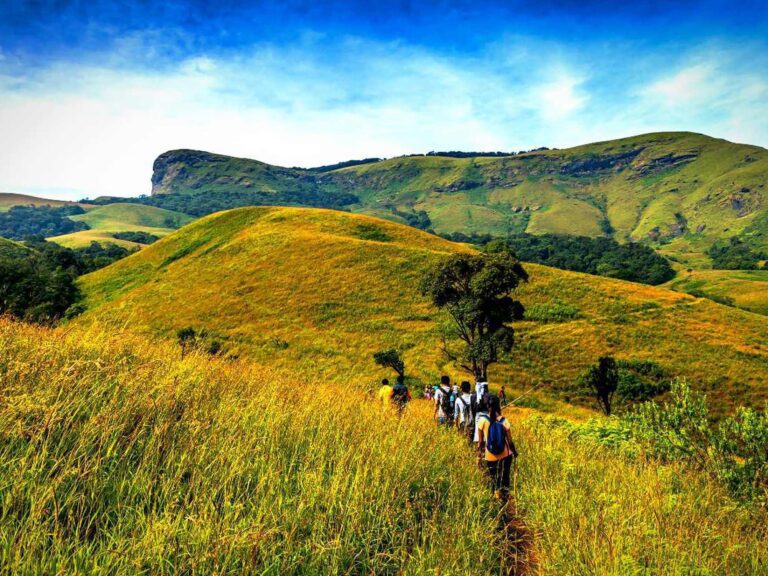Trekking Expert Guides for Beginners
Trekking, or hiking, is an exhilarating outdoor activity that allows you to explore natural landscapes, challenge yourself physically, and reconnect with nature. Whether you’re embarking on a day hike or planning a multi-day trekking expedition, mastering essential skills and preparations ensures a safe and enjoyable experience. Here are expert tips for beginners to enhance their trekking adventures:
1. Plan and Research Your Route
- Study Trail Maps: Familiarize yourself with trail maps, route descriptions, and elevation profiles before embarking on your trek. Understand the distance, terrain difficulty, and estimated hiking time to plan accordingly.
- Check Weather Conditions: Monitor weather forecasts and trail conditions to prepare for potential changes in weather. Dress in layers and pack appropriate gear for varying conditions, including rain gear and extra insulation for cooler temperatures.
2. Prepare Physically and Mentally
- Build Endurance: Start with shorter hikes and gradually increase distance and elevation gain to build hiking stamina. Incorporate cardio and strength training exercises into your fitness routine to strengthen muscles and improve cardiovascular endurance.
- Practice Mental Preparation: Stay positive and mentally prepared for challenges along the trail. Develop a mindset of perseverance, adaptability, and problem-solving to overcome obstacles and enjoy the journey.
3. Pack Essential Gear and Supplies
- Clothing: Wear moisture-wicking base layers, comfortable hiking pants or shorts, and sturdy hiking boots or trail shoes with good traction. Pack extra layers, a hat, sunglasses, and sunscreen for sun protection.
- Backpack Essentials: Carry a well-fitted backpack with essentials such as a map and compass (or GPS device), first aid kit, multi-tool, headlamp or flashlight with extra batteries, and sufficient water and snacks to stay hydrated and fueled.
4. Practice Leave No Trace Principles
- Respect Nature: Follow Leave No Trace principles by staying on designated trails, disposing of waste properly, and minimizing your impact on natural environments. Respect wildlife and avoid disturbing their habitats during your trekking adventure.
5. Master Basic Navigation Skills
- Use Navigation Tools: Learn how to read trail markers, use a compass, and navigate with a map or GPS device. Familiarize yourself with trail signage and landmarks to stay on course and prevent getting lost on unfamiliar trails.
6. Safety and Emergency Preparedness
- Share Itinerary: Inform someone of your trekking plans, including your route, expected return time, and emergency contacts. Carry a fully charged mobile phone or satellite communication device for emergencies.
- Know Emergency Procedures: Familiarize yourself with local emergency contacts, search and rescue procedures, and basic wilderness first aid skills. Carry a personal locator beacon (PLB) or emergency whistle for signaling distress if needed.
7. Enjoy the Journey and Stay Present
- Mindful Hiking: Embrace the sights, sounds, and natural beauty surrounding you. Take breaks to rest, hydrate, and appreciate your surroundings during your trekking adventure.
- Capture Memories: Bring a camera or smartphone to capture scenic views and memorable moments along the trail. Document your trekking experience and share your journey with others.
Conclusion
Trekking offers beginners an opportunity to explore the great outdoors, challenge personal limits, and cultivate a deeper connection with nature. By preparing adequately, mastering essential skills, and respecting outdoor environments, beginners can embark on safe and rewarding trekking adventures. Whether discovering local trails or exploring distant landscapes, the journey of trekking unfolds with each step, offering experiences of discovery, growth, and adventure.



